
Bad
Astronomy

Misconceptions and Misuses
Revealed, from Astrology to
the Moon Landing "Hoax"
PHILIP C. PLAIT


Bad
Astronomy

Bad
Astronomy

Misconceptions and Misuses
Revealed, from Astrology to
the Moon Landing "Hoax"
PHILIP C. PLAIT




CONTENTS
INTRODUCTION
 love bad science fiction shows. Angry Red Planet, Voyage to the Bottom of the Sea, UFO, all those old TV shows and movies in black and white or living color. I grew up on them. I'd stay up late watching TV, sometimes long after my folks would normally let me. I remember clearly coming home from third grade and asking my mom for permission to watch Lost in Space. I worshipped that show, Robot, Dr. Smith, Jupiter 2, and all. I wanted to wear a velour, multicolored V neck sweater, I had a crush on Judy Robinson-the whole nine yards.
love bad science fiction shows. Angry Red Planet, Voyage to the Bottom of the Sea, UFO, all those old TV shows and movies in black and white or living color. I grew up on them. I'd stay up late watching TV, sometimes long after my folks would normally let me. I remember clearly coming home from third grade and asking my mom for permission to watch Lost in Space. I worshipped that show, Robot, Dr. Smith, Jupiter 2, and all. I wanted to wear a velour, multicolored V neck sweater, I had a crush on Judy Robinson-the whole nine yards.
Sure, I liked the good ones too. Five Million Years to Earth and The Day the Earth Stood Still were favorites of mine back then, and they still are. But the important thing to me wasn't that they were good or bad, or even if they made sense-I remember an Italian flick about a voyage to Venus that might have been written by Salvador Dali on acid. What was important was that they had aliens and rocket ships.
I would spend long hours as a child pretending to ride a rocket to other planets. I always knew I'd be a scientist, and I was pretty sure I wanted to be an astronomer. Those movies didn't discourage me because of their bad science; they inspired me. I didn't care that it's silly to try to blast a conventional chemical rocket to another star, or that you can't hear sounds in space. All I cared about was getting out there, and if I could do it by watching ridiculous movies, then so be it. I would have given anything-everythingto be able to step on board a spaceship and be able to see a binary star up close, or cruise through a nebula, or go out through the plane of our Galaxy and see it hanging in the sky, faint, ominous, luminous, against a velvet canvas of blackness so dark you can hardly convince yourself that your eyes are open.
Nowadays it would be a bit harder for me to give up everything to take such a ride. Maybe I would so my daughter could someday ... but that day is not yet here. We're still stuck here on the Earth, more or less, and the only way we can see distant vistas is either vicariously through the eye of the telescope or through the eye of a movie director. One of those eyes, perhaps, is a bit more clearly focused than the other. Despite my childhood yearnings, as an adult I can wish that movies did a better job of portraying astronomy (and astronomers) to the public.
The movies may be inspiring, which is their most important job as far as I'm concerned, but there is a downside to the bad astronomy. It muddies the distinction between fantasy and science, between what is only pretend and what can really happen. Movies can portray the make-believe so realistically that the line gets blurred. It's fair to say that most people don't understand all that much about how space travel, for example, really works. Space travel is complicated, difficult, and relies heavily on unfamiliar physics.
Movies, however, make it look easy. Just get in your ship and go! All you have to do is watch out for the stray meteor shower or alien starship and everything should work out pretty well. Unfortunately, it doesn't work out that way in the real universe. If it did, we'd have colonies on Mars and the other planets by now. I've given talks to audiences about movies and astronomy, and the question almost always arises: why aren't we on the Moon now? Why haven't we built starships, or at least colonized the solar system? Sometimes these are honest questions, and sometimes they are asked with an edge of impatience, as if the people asking the question are concerned that the National Aeronautics and Space Administration engineers aren't as up to speed as Scotty from Star Trek. The film industry makes a big impression on people and, as the scenes play over and over again, they worm their way into our brains. Movies show space travel all the time, but they show it incorrectly, and so it doesn't surprise me that the majority of the viewing public has the wrong impression about how it really works.
If movies were the only purveyors of scientific inaccuracies, there would hardly be a problem. After all, it's their job to peddle fantasy. The problem is, it doesn't stop there. The news media's job is to report the facts clearly, with as much accuracy as possible. Unfortunately, this isn't always the case. In general, national media do a fine job; most TV networks, newspapers, and magazines have enough money to maintain at least a small staff of experienced science journalists who do a good job reporting the news. Local news is more often the culprit in misrepresenting science. Local reporters may be inexperienced in the technical jargon and tools of science, and so will sometimes write amazingly inaccurate copy. This is a real problem, with perhaps no easy solution, since many local news outlets simply cannot afford to keep as many reporters needed who are knowledgeable in the vast number of topics covered in the news.
Not that I am sidestepping national news. I remember vividly watching the Today show on NBC in 1994. The Space Shuttle was in orbit, and it was doing an experiment, dragging a large, circular shield behind it. The idea was that the disk would clear out particles in its wake like a snowplow pushing snow out of the way, leaving a cleared trail behind it. In the ultra-grade vacuum behind the wake shield experiments were being conducted that took advantage of such an environment.
Anchor Matt Lauer was reporting on this experiment, and when he was finished, Katie Couric and Bryant Gumbel both commented that it must have been hard for Lauer to read that copy. All three laughed, and Lauer admitted he didn't understand what he had just said. Think about that for a moment: three of America's most famous journalists, and they actually laughed at their own ignorance in science! How would this be different if, say, the report had been about Serbia, and they laughed at how none of them knew where it was?
Next page
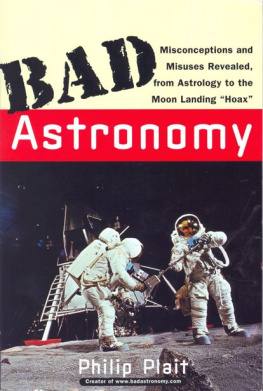
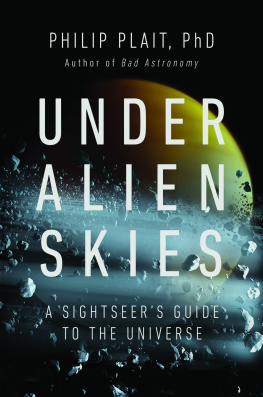

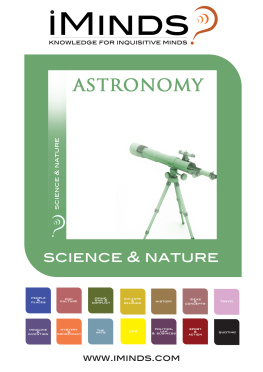
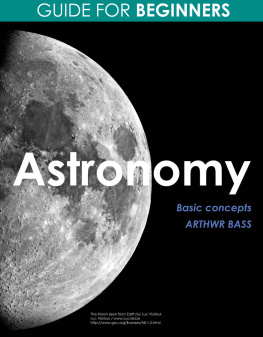

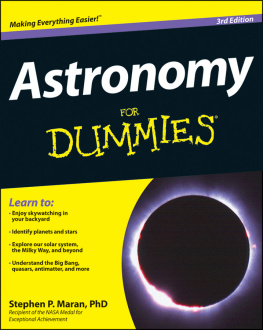
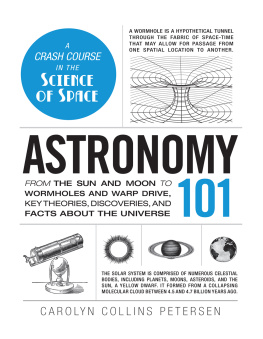
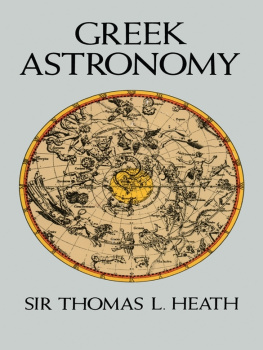
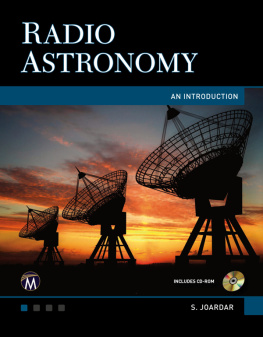
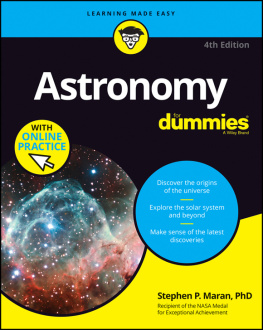
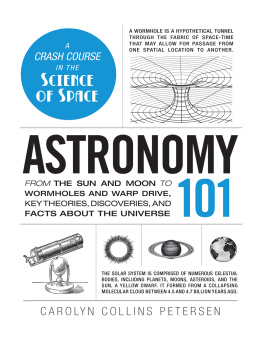










 love bad science fiction shows. Angry Red Planet, Voyage to the Bottom of the Sea, UFO, all those old TV shows and movies in black and white or living color. I grew up on them. I'd stay up late watching TV, sometimes long after my folks would normally let me. I remember clearly coming home from third grade and asking my mom for permission to watch Lost in Space. I worshipped that show, Robot, Dr. Smith, Jupiter 2, and all. I wanted to wear a velour, multicolored V neck sweater, I had a crush on Judy Robinson-the whole nine yards.
love bad science fiction shows. Angry Red Planet, Voyage to the Bottom of the Sea, UFO, all those old TV shows and movies in black and white or living color. I grew up on them. I'd stay up late watching TV, sometimes long after my folks would normally let me. I remember clearly coming home from third grade and asking my mom for permission to watch Lost in Space. I worshipped that show, Robot, Dr. Smith, Jupiter 2, and all. I wanted to wear a velour, multicolored V neck sweater, I had a crush on Judy Robinson-the whole nine yards.